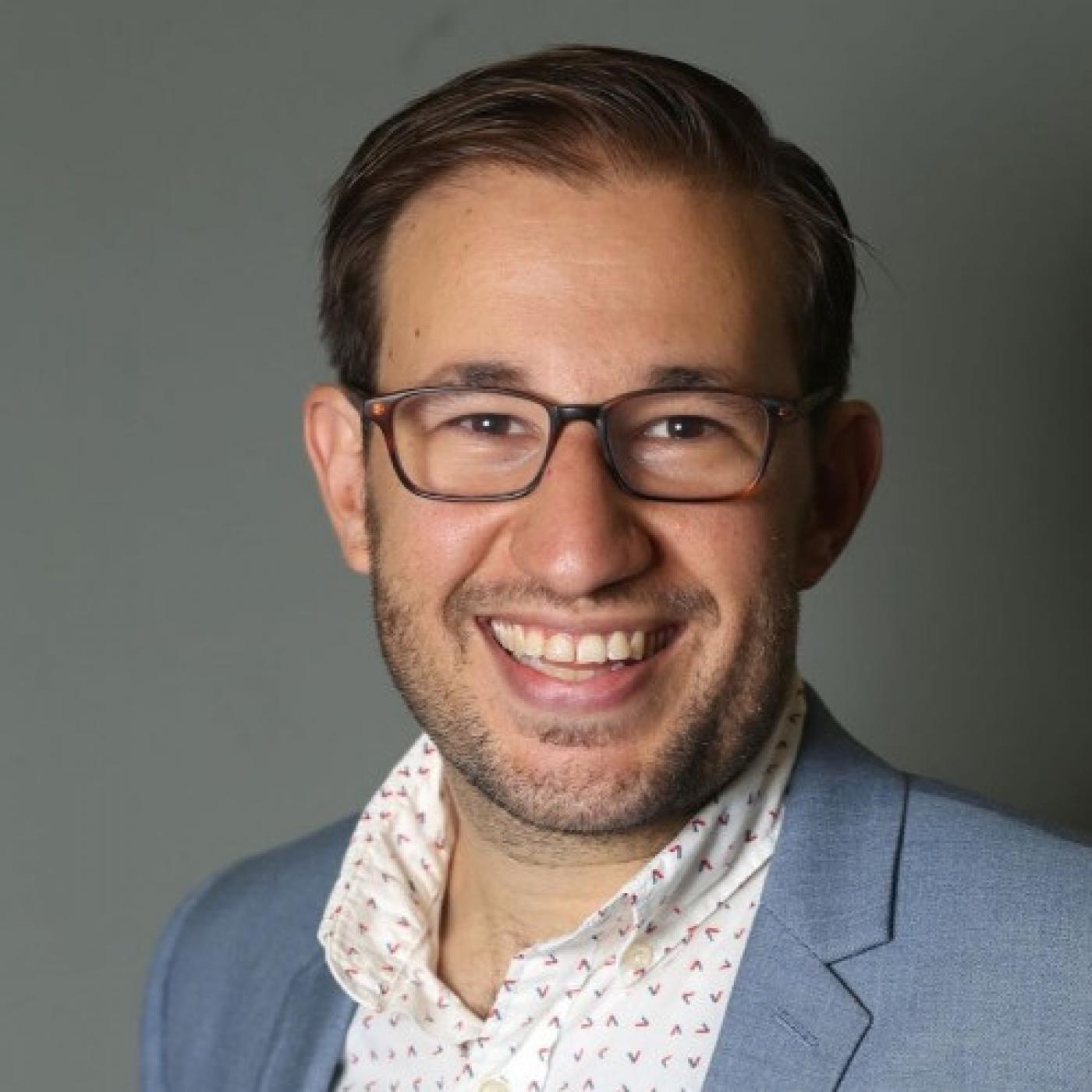By Rabbi Ari Witkin
Originally published in eJewish Philanthropy on March 12, 2020

Rabbi Ari Witkin (‘19)
We are, undoubtedly, in a moment of crisis. This crisis is as much a result of the very real health threat which the COVID-19 virus poses as it is from the reaction we have to the threat. I am not an expert in infectious disease or public health and, as such, I will leave the question of containment and mitigation to the professionals at the CDC and the WHO. I am a rabbi and communal professional dedicated to accompanying people on their spiritual journeys and creating welcoming and vibrant communities. In this moment of elevated caution and fear, a robust effort of communal spiritual and emotional care is more important than ever.
Like our colleagues across the country and around the globe, we at the Jewish Federation of Metro Detroit, and the broad array of communal agencies we support, are grappling with what it means to navigate the programs and resources we offer amidst this unprecedented moment of public health concern. Admittedly, I have been on the less machmir (stringent) side of the line when it comes to quarantine, isolation and social distancing. It seems, however, that the reality of the need for program cancellations and postponement is at this point undeniable.
Program cancelations and interruptions:
The cancellation and postponement of programs is in full force – and that is ok. The physical health and safety of our families and communities is always the most important factor in any decision we make. The vast majority of communal programming can be put on hold without concern, and we have fantastic professionals and lay-leaders implementing contingency plans for the health and human service initiatives that need to continue to operate.
At the same time, we know that rising anxiety along with social isolation have real consequences for our physical and spiritual/emotional health, a fact that is particularly true for those populations most vulnerable to Novel Coronavirus. Whether you are yourself sick, affected by communal quarantine or just digesting the non-stop news cycle, the stress of this situation is affecting us all, likely in more profound ways than we realize. For those of us in the business of communal programming and engagement wondering “what do we do now,” these facts present a clear direction.
Connecting from a distance:
Along with a comprehensive public health response, we need calm and grounded communal leadership. Not a denial of the severity of the situation, but an antidote to the type of hysteria that leads to pandemonium at Costco. We need an overwhelming wave of digital and distance connection. As programs and meetings get canceled or postponed, this is the time to check in on members of your community or congregation you haven’t spoken to in months. To call the more modest donors to your Annual Campaign who every year you wish you had more time to provide the stewardship they deserve.
Many of us have had to cancel plans to visit our friends, families and partner communities in Israel. We in Detroit already have begun to mobilize virtual missions, recommitting ourselves to people-to-people encounters that have been the backbone of our 25-year partnership with the communities of the Central Galilee. What a blessing technology is in this moment, that we will be able to gather large groups of Michiganders and Israelis together, seeing each other’s faces, to share not just our concerns of the moment, but all the oys and joys of our robust family and communal lives, so that when we do meet face-to-face our relationships will be all the stronger.
If you’re stuck at home with kids who are out of school, consider writing letters or painting pictures to send to your local senior housing organization where elder members of our community are facing some of the most drastic restrictions in social engagement. In a world where we are too often over-programmed and over-committed, give yourself permission to embrace the best practice of social distancing as an opportunity to pass on one more meeting or event and spend a bit more time with family.
Creative and spiritual solutions to a physical problem:
A friend in Westchester, where the Jewish community is facing particularly heightened concern, sent me a picture of local Chabadnicks reading megillah in her front yard so she and her family could fulfill the mitzvah without going to shul. I was so grateful to receive that text, even while sitting comfortably in a congregational sanctuary 1,000 miles away. This small act of creative spiritual care produced a hope shot for me. A sense of gratitude to be a part of a diverse and vibrant people with a 4,000-year history of creative spiritual solutions in the face of danger and dilemma.
We don’t know what is going to happen tomorrow or next week. We’re not sure if this situation will get worse before it gets better. Along the way there will be real hardships – physical, financial or otherwise – but I for one am confident that we will make it through if we lean hard on the wisdom of our tradition and the strength of our communities.
Fear and anxiety are real and warranted, making space to experience the full breadth of emotions that come along with this scary and unknown moment is an important part of the spiritual process. But let’s not forget we are a people with the best track record in history of overcoming adversity. As has always been the case, it has been our sense of achdut (oneness and connection) and a commitment to the principle of kol Yisrael aravim eh ba’ze (all of Israel is responsible for one another) that has carried us through. As we take seriously the need to distance, let’s not forget how close we are.
Rabbi Ari Witkin is Director, Leadership Development, Jewish Federation of Metropolitan Detroit.





